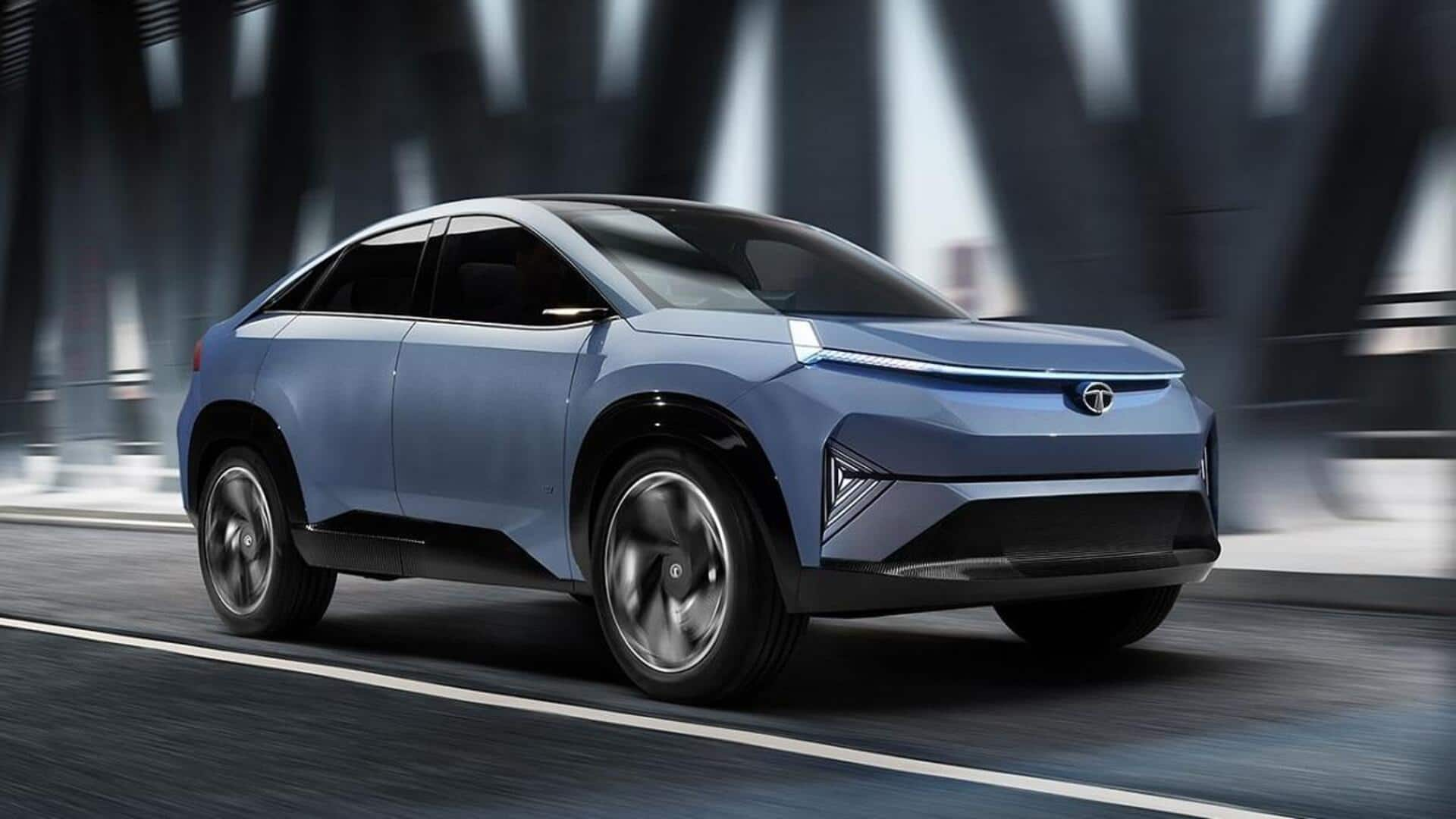
Tata Motors plans MG-like battery-as-a-service model to boost EV sales
What's the story
Tata Motors is reportedly mulling the introduction of a Battery-as-a-Service (BaaS) model for its electric vehicles.
The BaaS model could cut the ex-showroom prices of Tata's battery electric vehicles (BEVs) by 25-30%.
The strategy is simple: customers buy the EV without the battery, thus reducing the initial cost. And they would pay rentals depending on their battery usage per kilometer.
Cost reduction
Tata Motors's BaaS ownership model in line with consumer demands
The BaaS model is likely to be offered in the electric variants of Tiago, Punch, Tigor, Nexon, and other models.
An insider told Moneycontrol that there is a good chance Tata Motors will offer BaaS option as consumers are actively seeking affordable EV options.
The source also revealed that prospective consumers are willing to shell out monthly battery rentals which are economical to operate.
Pilot phase
Plan in early stages of development
Notably, the plans for the BaaS model are still in the early stages, with a final decision to be taken after evaluating the response to pilot runs. In the domestic Passenger Vehicle (PV) market,
JSW MG Motor India has already launched this offering in Windsor EV, which has seen highest-ever same-day bookings (15,000) in the EV segment in India.
A few weeks later, the company expanded this option to Comet EV and ZS EV.
Price drop
Significant reduction in EV prices
Currently, Tata Motors is selling electric models like Tiago.ev (₹7.99 lakh onwards), Tigor.ev (₹12.49 lakh onwards), Punch.ev (₹9.99 lakh onwards), Nexon.ev (₹12.49 lakh onwards) and recently launched Curvv.ev (₹17.49 lakh onwards).
With the BaaS program, the prices of these models can come down by ₹2-3.5 lakh as per industry observers, making them more affordable for consumers in India's growing EV market.
Market impact
BaaS model could revitalize declining EV sales
The launch of the BaaS model comes at a time when the overall EV market has witnessed a dip in sales over the last six months.
In Q1 FY25 (April-June), Tata Motors's e-PV sales fell 14% at 16,579 units as opposed to 19,346 units in the same period last year. In September 2024, its total EV sales (International and Domestic) fell 23% to 4,680 units from 6,050 units in September last year.
Consumer trust
Tata Motors's strategy could address consumer concerns
Puneet Gupta, director at S&P Global Mobility, believes the introduction of Battery-as-a-Service presents a game-changing solution.
He said that in a market like India, where consumer trust in EVs is still developing and word-of-mouth confidence remains limited, BaaS offers a vital solution.
Not only does this model reduce upfront costs, but it also reassures consumers about battery longevity and performance.